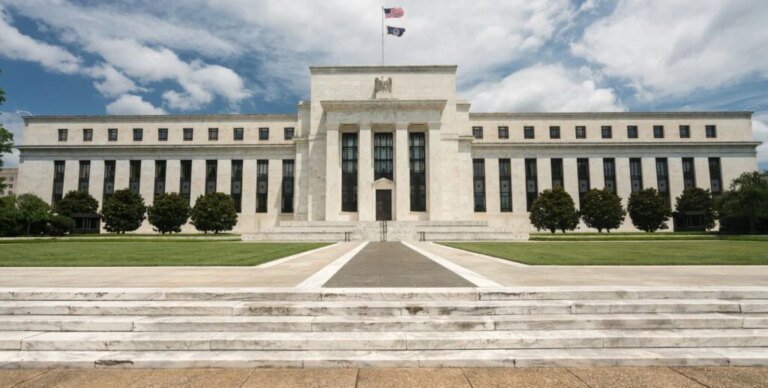Warren Buffett, the CEO of Berkshire Hathaway, has adopted a cautious investment strategy throughout the past year. Rather than pursuing high-cost acquisitions, he has opted to sell more stocks than he has purchased. This approach has resulted in an increase in the company’s cash reserves, reflecting a strong emphasis on liquidity amid fluctuating market conditions.
Buffett’s decision to prioritize cash and reduce exposure to expensive investments aligns with his long-term value investing philosophy. By strategically divesting from certain stocks, he is likely positioning the company to take advantage of potential market opportunities in the future without being overleveraged.
The shift toward maintaining higher cash levels may signal Buffett’s outlook on the current economic landscape, where uncertainty and volatility could affect stock valuations. This cautious stance has drawn attention from both investors and analysts, as it contrasts with more aggressive investment strategies pursued by some others in the market.
As Berkshire Hathaway further builds its cash reserves, it remains to be seen how this strategy will unfold in the coming months and whether it will place the company in a strong position once more favorable investment opportunities arise.
Why this story matters
- It illustrates Warren Buffett’s investment approach during uncertain economic times.
Key takeaway
- Buffett’s strategy of increasing cash reserves while selling stocks suggests a cautious outlook on the market.
Opposing viewpoint
- Some analysts may argue that aggressively investing in undervalued stocks could offer greater long-term returns compared to holding cash.











